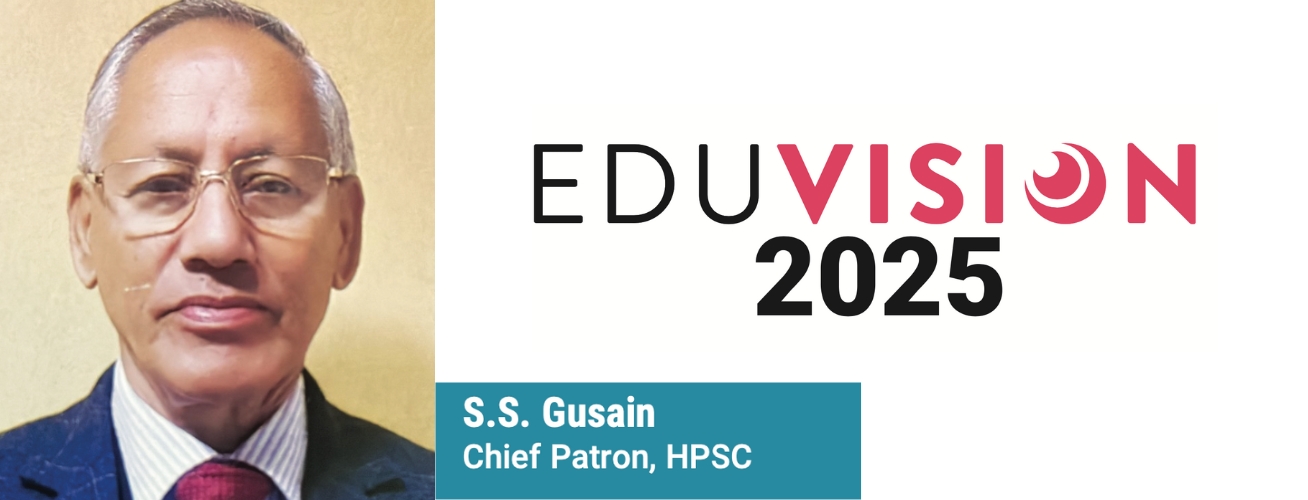Blog Detail

India’s Education System: A Call for Revival and Reform
By Admin Title on April, 2025
The education system of ancient India was a torchbearer of knowledge and enlightenment. Through inscriptions on stones and copper, palm leaf manuscripts and scriptures, the rich legacy of Indian learning is evident. These treasures served as a guide for educators, a foundation for researchers and a source of inspiration for innovators from across the globe. Visitors from far and wide marvelled at India's cultural, intellectual and educational grandeur, which made India a land of wonder.
Ancient India’s education system was holistic, encouraging intellectual growth alongside spiritual and ethical development. With the Vedas as a reservoir of pure knowledge, teachers (gurus) who were revered as rishis and munis, and exemplary institutions like ashrams and grand universities such as Takshashila and Nalanda, India produced unmatched scientists, engineers, doctors, educationists and warriors.
Unfortunately, this golden era dimmed during centuries of foreign domination. The education system was reduced to a shadow of its former glory as India was compelled to adopt systems imposed by colonial rulers. Creativity and advancement took a back seat, and even after gaining independence, India struggled to revive its traditional educational ethos. Efforts by successive governments through commissions and committees have yielded some progress, but the desired transformation remains elusive.
While India has established world-class institutions in technology, medicine and business, brain drain continues to be a challenge. Despite ample job opportunities, the allure of wealth abroad has widened the gap between the affluent and the average earner. This pursuit of monetary gain has distorted education's true purpose, leading to the proliferation of coaching centres that undermine the integrity of formal schooling.
The current system, focused on lucrative careers, fails to address students’ holistic growth or prepare them to navigate social complexities. This shift has distanced the youth from their cultural and social responsibilities, transforming education into a mere commodity.
To reclaim the lost glory of India’s education, we must channel efforts toward creating socially responsible and empathetic individuals. The education system must be reoriented to address the diverse needs of society while emphasizing values, critical thinking and collaboration. Education must remain learner-centred, guided by teachers who nurture innovative and compassionate problem-solvers. Only through such transformative changes can India prepare future generations to contribute meaningfully to their families, society and the nation at large.
©Copyright 2025 HPSC. All Rights Reserved | Powered by ShubhiTech®